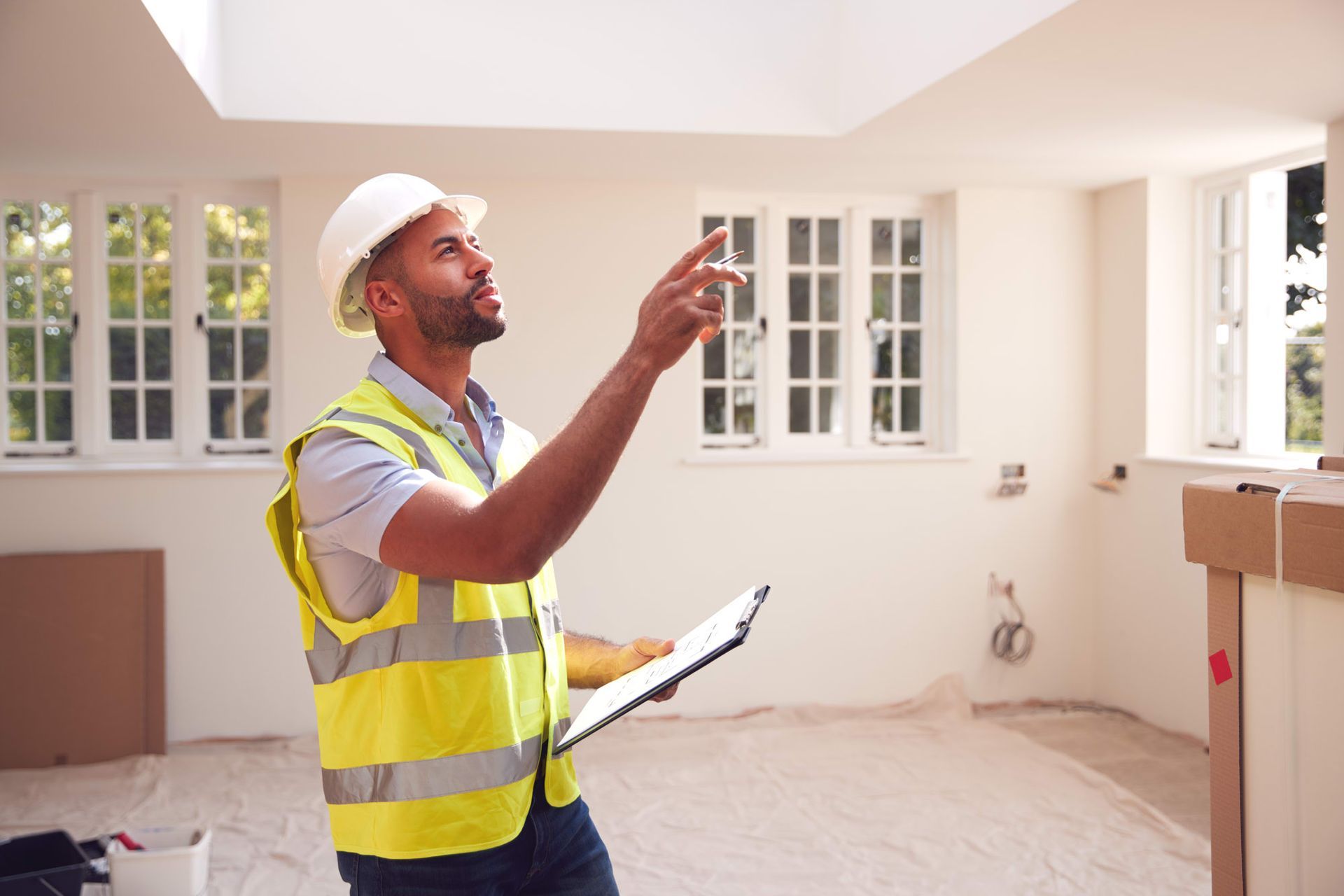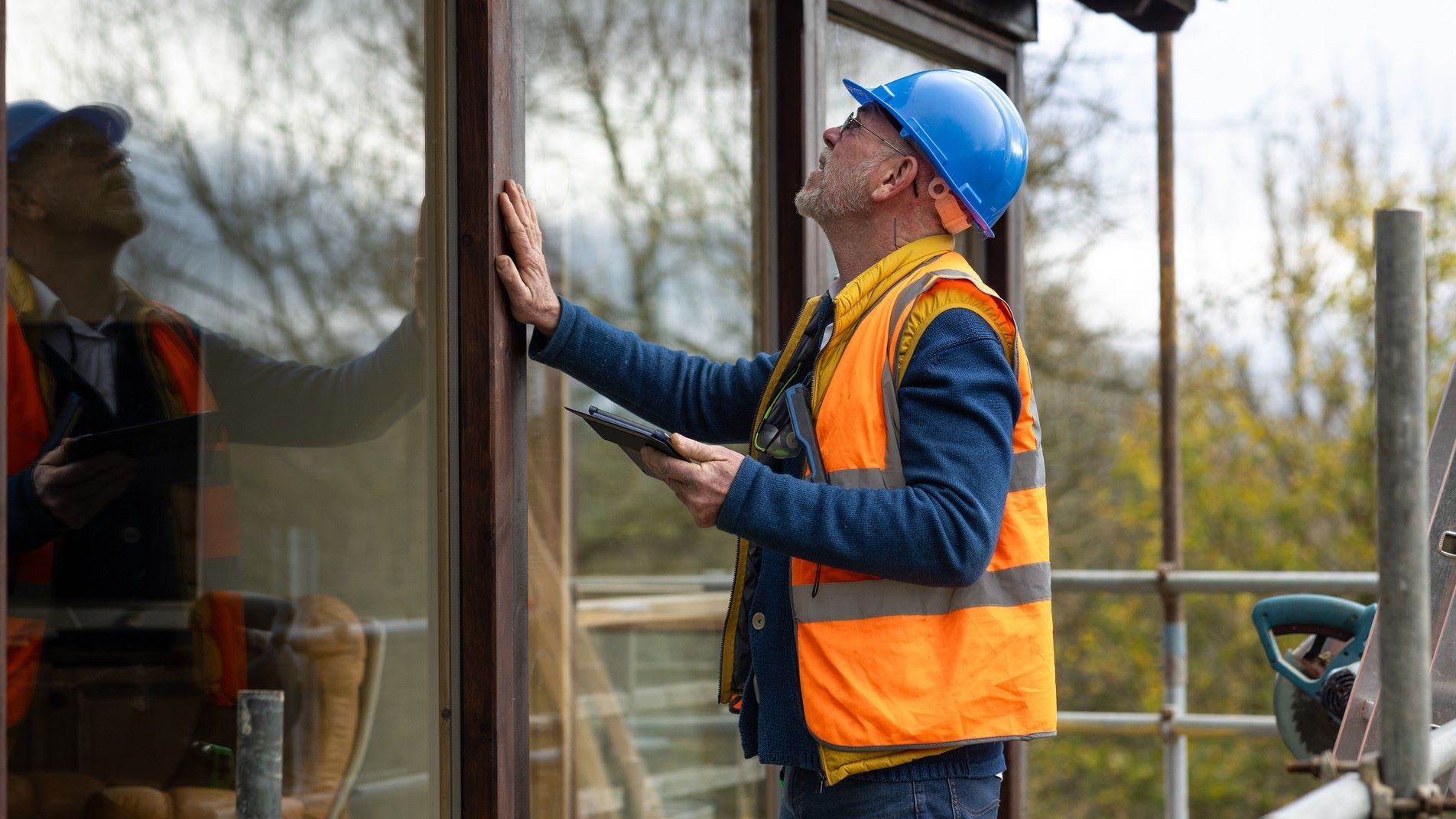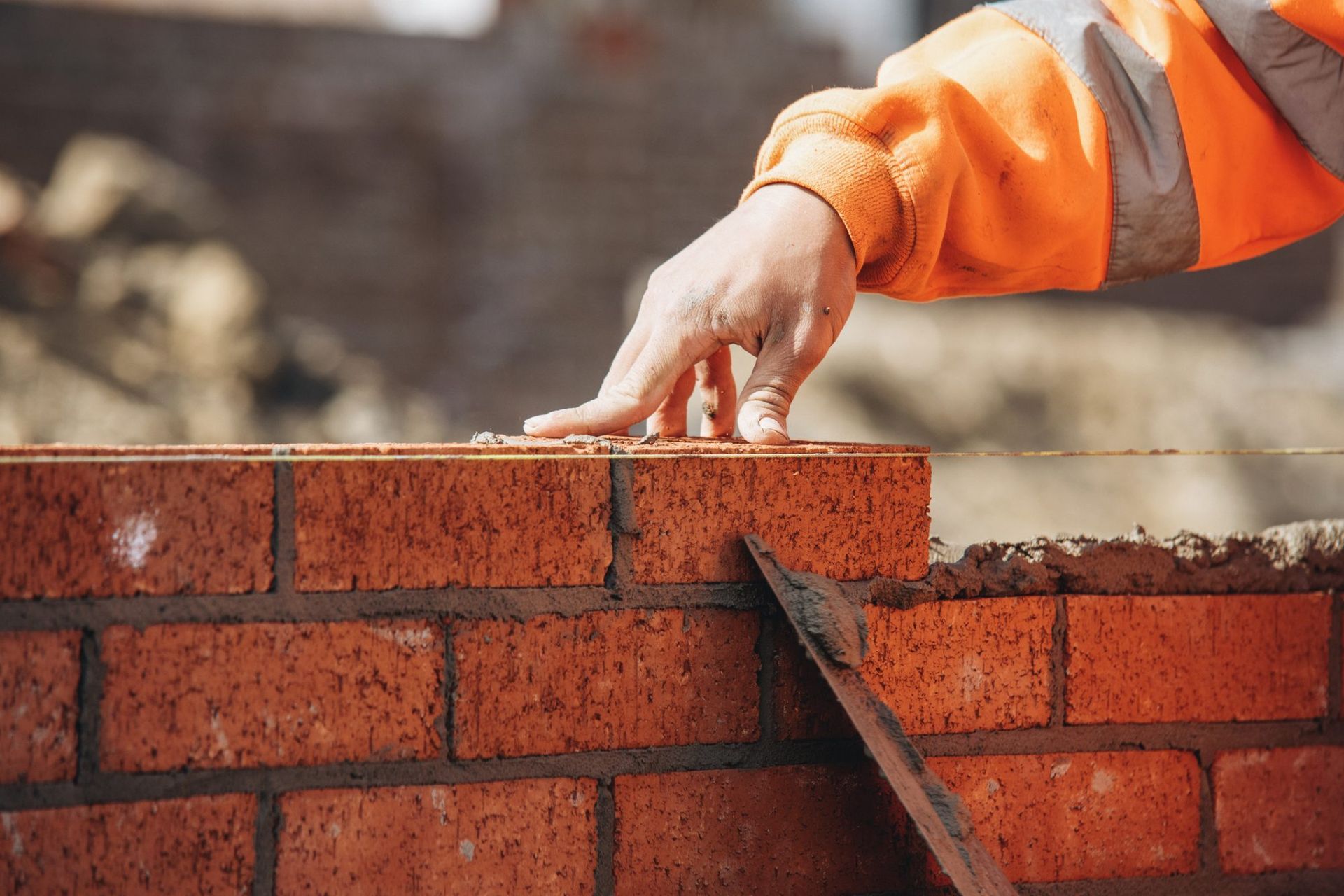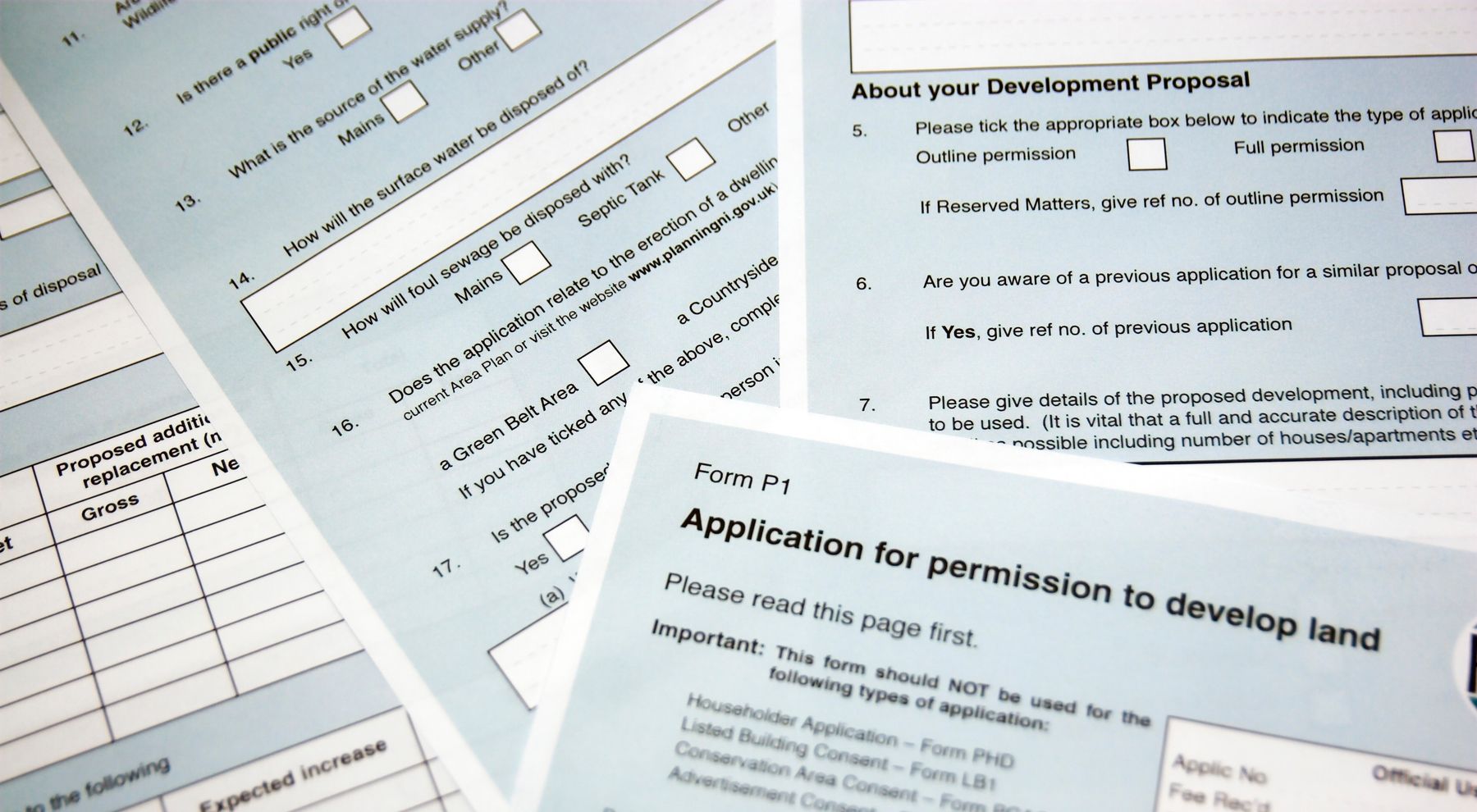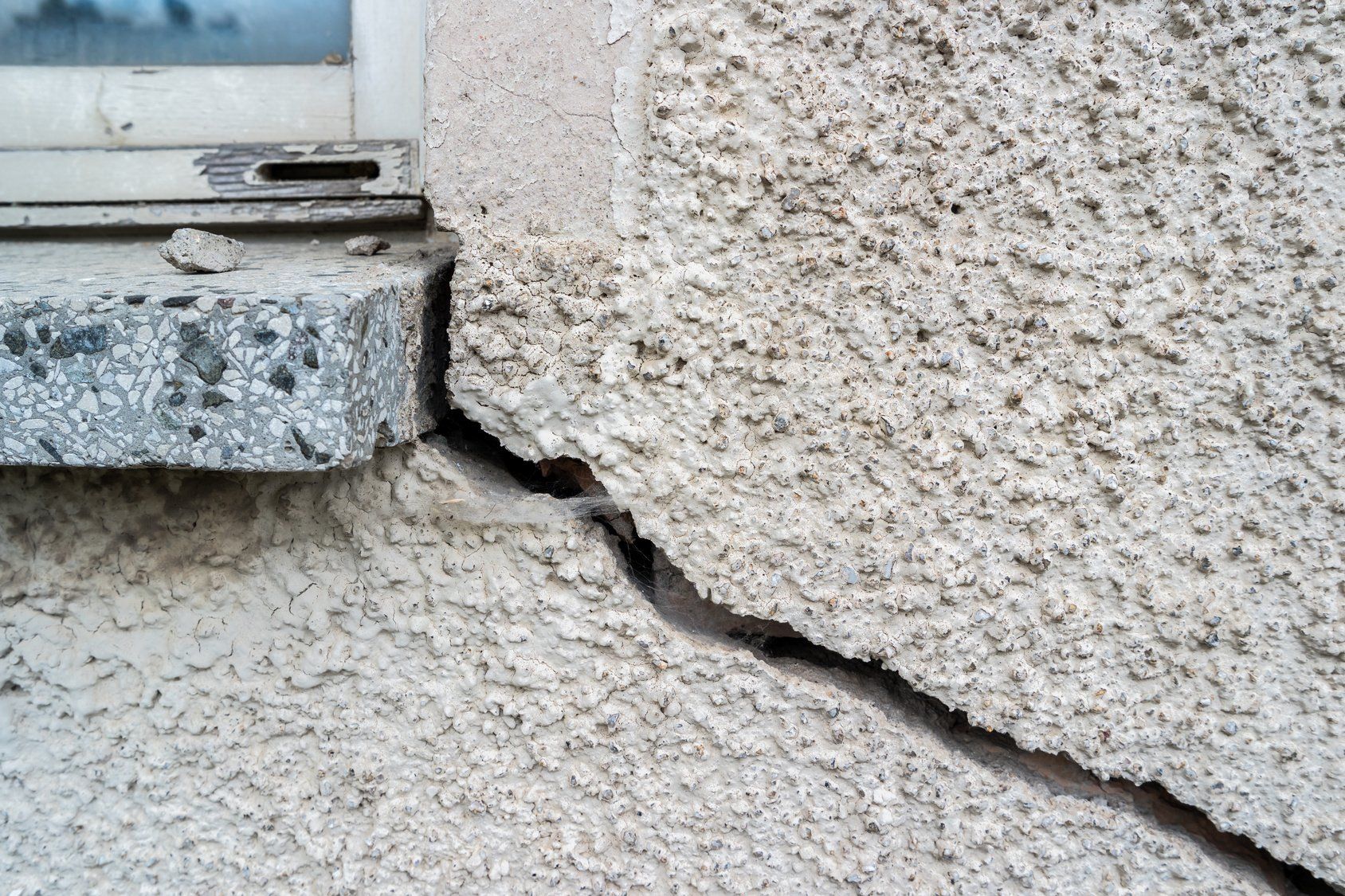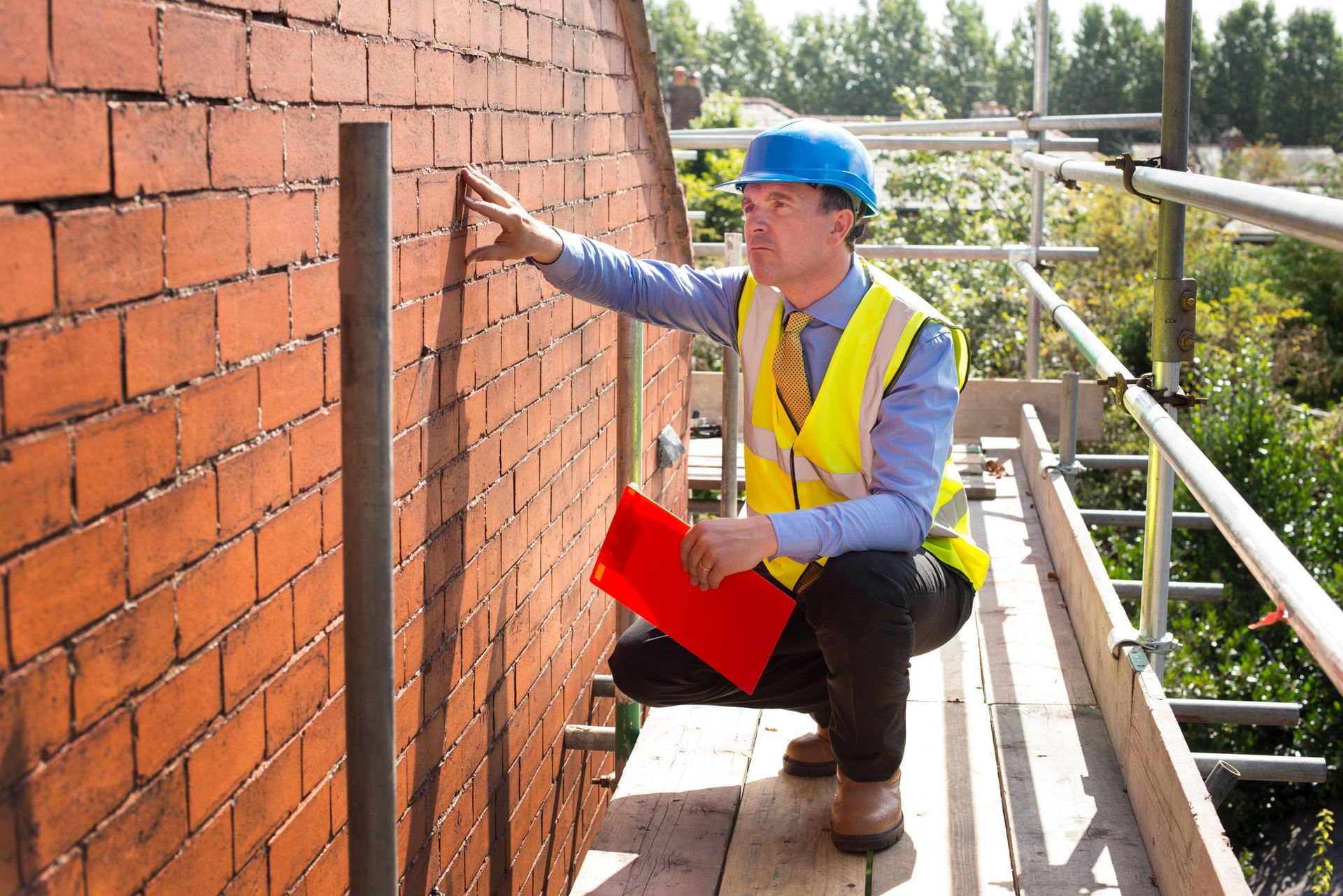How to Improve Your Chances of Planning Permission

Extending your home offers the perfect solution to a growing family and is most definitely less expensive than moving house. However, to make structural changes for substantial home improvements, you’ll need to apply for planning permission beforehand. Planning is a notoriously lengthy process and property owners always want to do what they can to ensure it goes through as quickly as possible.
To make sure your project gets off to the best start, you’ll need to take the time to get clued up in the world of planning and work with a variety of experts. Whilst you can’t control the final outcome of your application, there are a number of routes you can take to ensure the process runs smoothly, achieving an outcome that works for you, your neighbours and local community.
As chartered surveyors, we at Simon Levy regularly advise clients on both sides of the planning application process- those making their own applications, as well as those objecting to neighbours’ applications. With more than 30 years of experience working with property owners, we’ve seen a wide range of both successful and unsuccessful applications over the years, so we know what makes a successful application. To help you improve your chances of getting planning permission for your upcoming project, we’ve put together this helpful guide, filled with top tips to support you through the process.
The first thing any property owner must do when planning to extend or alter their home is hire a qualified architect. You should always work with a reputable firm who’ve completed similar projects to yours and are well-versed in planning required projects. Look out for the Royal Institute of British Architects (RIBA) logo on your chosen architect’s website.
It goes without saying that quality design is the most crucial part of the planning process. Choose an architect that you trust will produce quality designs that incorporate a fine balance between policy and ambition. Your design should include appropriate scaling, a smart layout and be considerate to the character of the surrounding environment. Your architect may also base your plans on similar projects in your area in order to create a design that is most likely to be accepted by the local planning office.
Whilst your architect will help you to ensure your plans comply, it pays off to make sure you understand the local planning policies yourself. With any application, certain issues will be taken into account. These are known as ‘material planning considerations’ and refer to the aspects of a building design that could affect the planning application outcome. Here are just a few examples of material planning considerations:
●Loss of sunlight.
●Effect on listed buildings and conservation area.
●Overlooking and loss of privacy.
●Loss of effect on trees.
●Layout, density of building design and finishing materials.
If you’ve chosen a reputable and experienced architect, they’ll know which of these considerations might affect your application and factor them into your plans. However, to build a good rapport with your planning officer, it’s a good idea to ensure you understand the ins and outs of your plans, including the potential problem areas.
Once you’ve formulated your plans, it’s now time to begin the planning application process. To stay one step ahead, it’s advisable to speak to your local authority sooner rather than later and complete a pre-application. This will allow you to receive expert advice on your proposed plans before you submit them formally and also enable you to get to know the planning officer who’ll be taking on your case.
Pre-application is also a good opportunity to gage how the council take to your current plans, enabling you to amend them where necessary. Not everyone opts to submit a pre-application, however, for those who do, it saves time and money in the future, as you’ll spend less time revising your plans once you’ve formally applied- something that costs each time you do it.
As you probably already know, your neighbours have a significant impact on your planning application and whether it’s approved or not. Whether you know them well or not, it’s in your best interest to chat to your neighbours about your upcoming home improvement plans- there’s nothing worse than finding out about major alterations to your street via a formally written letter from the planning office.
Not only will having a neighbourly chat give them a heads up, but it also pays off for you too. You can chat to them about any similar extensions they’ve made and how smooth the planning process was for said plans. They may even suggest an architect or chartered surveyor who was particularly helpful during their project.
Cooperate with your planning officer
One of the best ways to improve your chances of a successful planning application is to cooperate and build a strong rapport with your planning officer- also referred to as your case officer. Every property owner who applies for planning permission will be allocated a specific officer and the outcome is ultimately this officer’s decision, based on advice and opinions from other parties within the council and the surrounding community.
Your allocated officer will administer your application, seek feedback from consultees and put together a report with recommendations for your plans. You may be concerned that your officer is trying to make changes to your designs, however, you shouldn’t be disheartened- this is generally a good sign that your plans aren’t going to be objected outright and the council is working on trying to make your project work for everyone.
Case officers often have a lot of applications to deal with at one time, and some only work part time, so communicating with them can sometimes prove difficult. Despite this, it’s a good idea to build a professional rapport with your officer and forge a good relationship from the get go. This doesn’t mean schmoozing and buttering them up; it simply means showing your knowledge and understanding of the planning process, as well as a willingness to cooperate. You should communicate that you’re committed to good design and achieving a successful project for all involved, including you, your neighbours and the wider community.
Work with an expert chartered surveyor
Whilst enlisting the services of a qualified chartered surveyor isn’t a necessary element of the planning application process, it’s no doubt a shrewd move and will pay dividends throughout. Many people opt not to hire planning experts like chartered surveyors as they think it will cost them excessively, however, having a dedicated consultant can really ease up the process and enable you to iron out any issues that you may not have noticed, especially if planning is new territory for you.
Chartered surveyors don’t just carry out house surveys; they are qualified and experienced in a wide range of property related matters, from party wall and boundary disputes to planning applications and objections. If you hire a property surveyor for your planning application, they’ll assist in proposals and forms, recommend reputable architectural services and can even submit your application on your behalf. Your surveyor will review, analyse and scrutinise your application before it’s submitted, ensuring you have the best chance possible of a successful outcome. They’ll advise and support you throughout, saving you money, time and effort and making sure your finished project is perfect for you.
Simon Levy: Qualified chartered surveyors and structural engineers providing quality property surveys and general property advice to customers in Greater London and beyond
If you’re in the process of designing a new addition or alteration to your home and you’re looking for trusted advice through the planning process, you can rely on Simon Levy’s team of qualified chartered surveyors. Whether you need a land surveyor for a ground up building project or a property surveyor to analyse your home extension plans and application, we have decades of experience and always offer a high quality service.
We deliver comprehensive and professional advice on all building related matters, from structural surveys and survey reports for property buyers to expert witness services for clients seeking a professional opinion on a property issue. We operate across the Greater London area, as well as Essex, Middlesex and Hertfordshire, so we are well-versed in all types of properties and locations.
To find out more about our wide range of services, please don’t hesitate to get in touch with our team today . We always deliver friendly and professional advice and are happy to discuss your specific requirements at a time that suits you.
